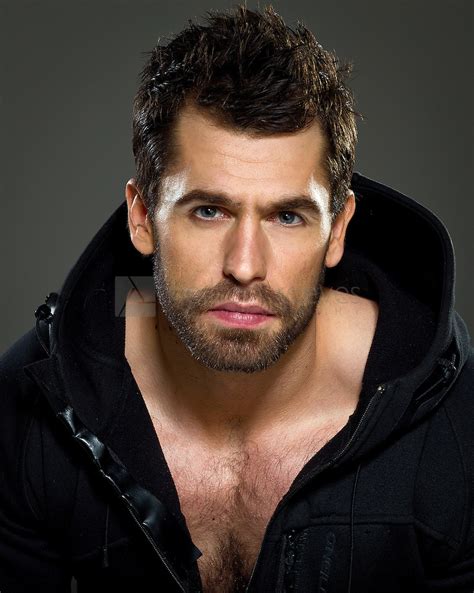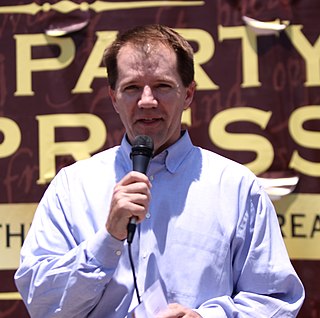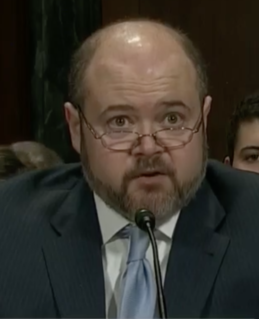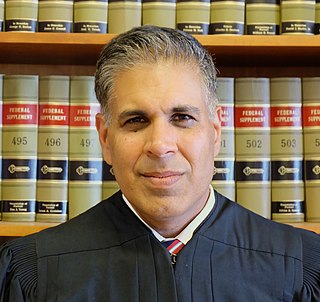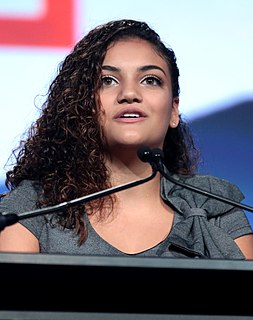A Quote by Prashant Bhushan
Selecting about 100 judges of the higher judiciary every year in a rational and fair manner is an onerous task requiring a full-time and not an ex-officio body. An ex-officio body of sitting judges and ministers cannot devote the kind of time required for this job.
Related Quotes
The Tax Court is independent, and its neutrality is not clouded by prosecuting duties. Its procedures assure fair hearings. Its deliberations are evidenced by careful opinions. All guides to judgment available to judges are habitually consulted and respected. It has established a tradition of freedom from bias and pressures. It deals with a subject that is highly specialized and so complex as to be the despair of judges. It is relatively better staffed for its task than is the judiciary.
How we decide the vexed issue of the method of selection of judges of the Supreme Court and the high courts would determine the future of our democracy and the rule of law in the country. We are faced with the twin problem of selecting the best judges and also ensuring that the judiciary would be insulated from executive interference.
I think the judging process is full of integrity, compared to some other prizes around the world. The fact that they change the panel of judges every year keeps it from becoming corrupt. I think it's very difficult if you've got judges for life; obviously relationships are cultivated between judges and authors, and publishing houses.
Democracy demands that judges confine themselves to a narrow sphere of influence - that is why the late Alexander Bickel called the judiciary the 'Least Dangerous Branch.' In a world governed by a proper conception of their role, judges don't play at being legislators - they leave that job to our elected representatives.
Just as judges have enormous stake in the appointment of judicial officers in the higher judiciary, the government has an equal stake. Since both of us have stakes in the appointment of members of the higher judiciary, the consultation of both of them is absolutely necessary. The government must have a say.
Henceforth it will be the task of this Sacred Congregation not only to examine carefully the books denounced to it, to prohibit them if necessary, and to grant permission for reading forbidden books, but also to supervise, ex officio, books that are being published, and to pass sentence on such as deserve to be prohibited.





